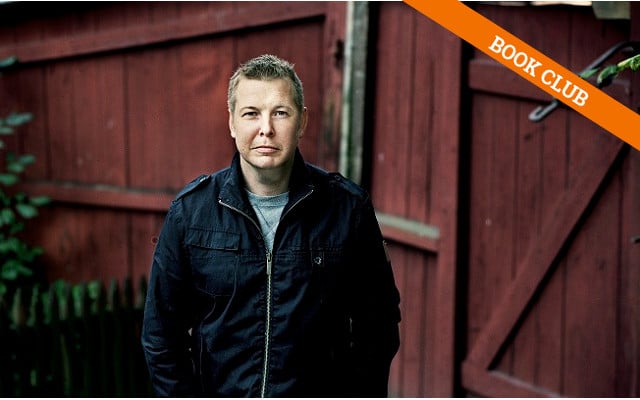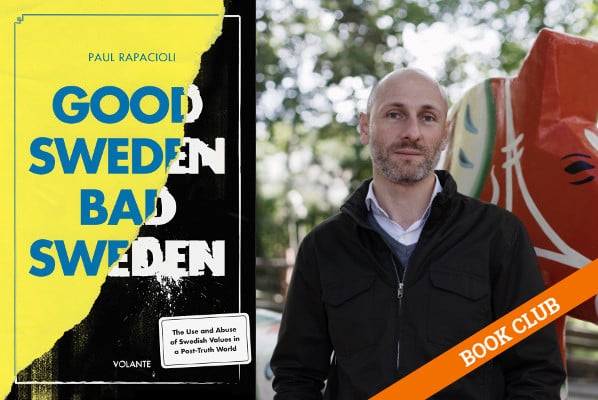Where do you get inspiration from for your novels like A Man Called Ove and Beartown – both for the setting and the plot?
I don't know. Where does anybody get the inspiration for anything? I enjoy telling stories and I'm interested in human emotions, I would assume that's a pretty common starting point for a lot of writers.
But I've never figured out a way to answer questions about “inspiration”, I feel the question implies you go out walking in the forest one day and stumble over a treasure chest and when you look inside you're all like: “Whooo! There are STORIES in here!”. That would of course be a wonderful way of doing things, but in general I think “inspiration” is something you receive, and I don't know anyone who creates anything who just receives it.
You go out looking for it. The only way to write is to write. You start out writing very bad things and gradually, hopefully, they become less bad.
More from the Book Club:
Do the short days and long dark winters in Sweden affect your writing style and how are they reflected in your novels?
It probably helps. The best friend a writer could have is boredom. Having fun is the enemy of creativity.
Beartown deals with the theme of sexual assault, and captures the culture of silence masterfully. The Me Too movement started in 2006, but didn’t get its global acknowledgement until 2017 with the hashtag. With Bear Town being published in 2016, how aware were you of this movement when writing the book, and what research did you do into the topic?
I've never done as much research for anything as I did for Beartown, but to be honest I'd rather not talk too much about it out of respect for the individuals who told me their stories.
I did a lot of interviews and I hope the people who gave me their time feel it wasn't wasted, and that my effort to portray violence felt true and honest.
But the novel was never part of a movement. I would never claim to be a part of something like that, I feel it would be deeply disrespectful to everyone involved.
Which books are on your nightstand now, and who are your favorite authors?
Astrid Lindgren is my favourite writer. Right at this moment I'm reading All The King's Men by Robert Penn Warren.
I also read a of instruction manuals since my wife is bored from quarantine and keeps buying furniture and exercise machines online.
Fredrik Backman made his literary debut in 2012 with the global sensation A Man Called Ove. He has written six highly acclaimed novels, two novellas, and one non-fiction book. His books have sold more than 12 million copies in 46 languages.



 Please whitelist us to continue reading.
Please whitelist us to continue reading.
Member comments